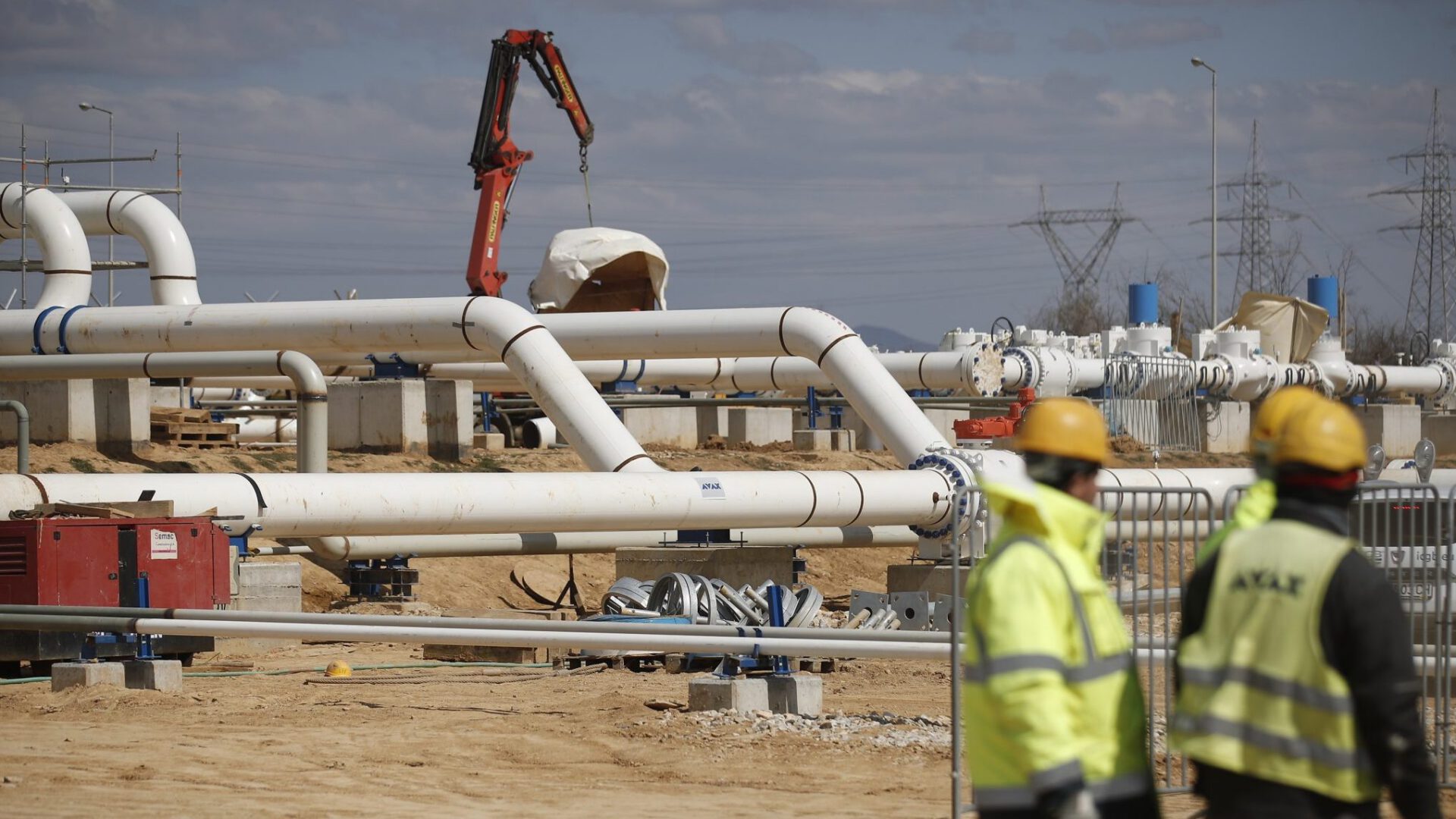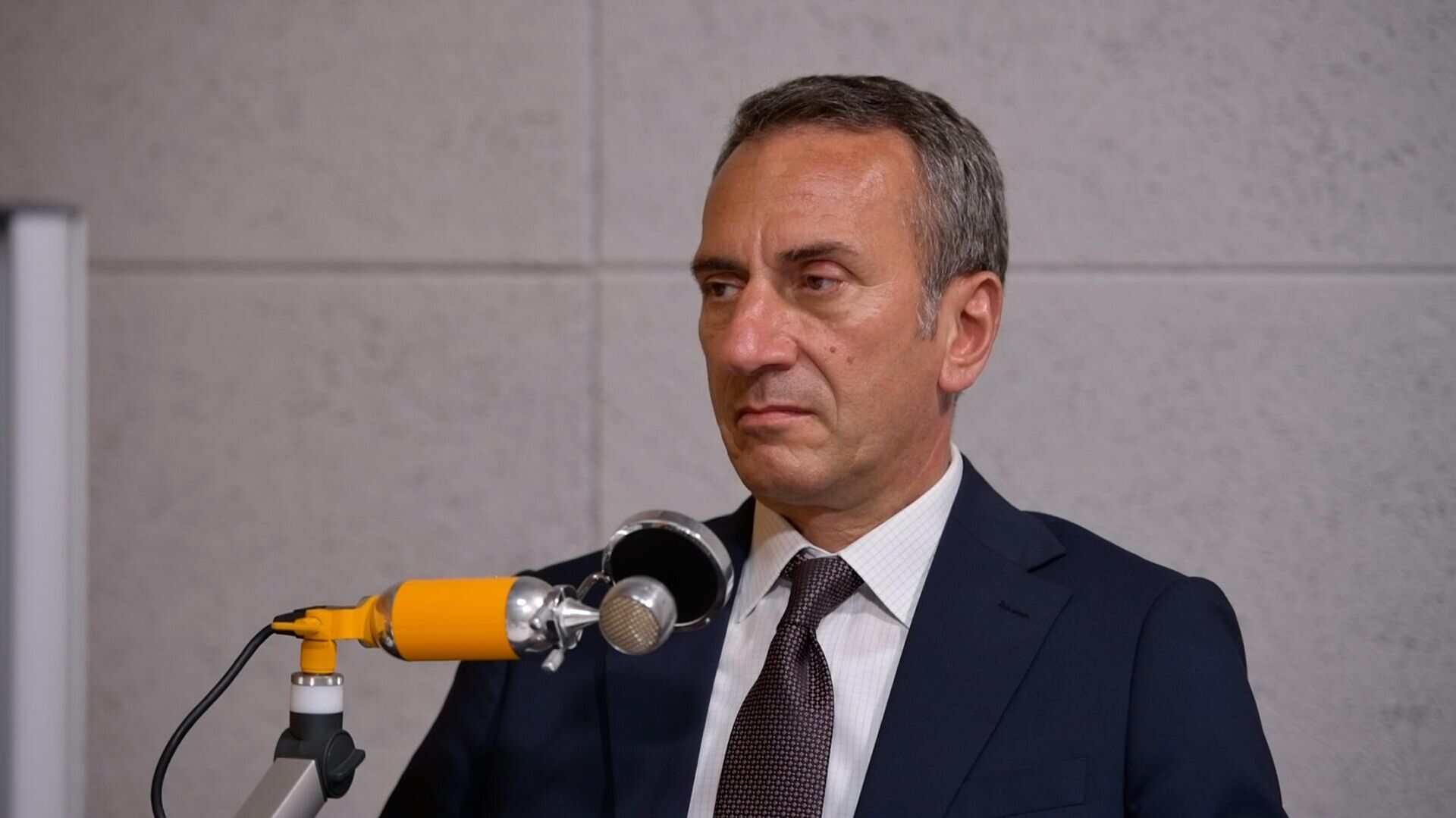
Bulgaria: Russian Oil and Perpetual Elections
Bulgaria: Russian Oil and Perpetual Elections
The prolonged political instability in Bulgaria will continue to impact critical energy security decisions and maintain the country’s status as Russia’s best client in Europe. Bulgaria, currently the third-largest buyer of Russian oil in the world, is heading for another round of general elections on April 2, since the parliament failed to form a regular cabinet following the October 2022 elections (Dnevnik.bg, February 2). This will be the fifth parliamentary poll in the past two years.
The Bulgarian National Assembly will dissolve on February 5, and another interim government appointed by the president, the fifth in two years, will take office. Critical energy decisions, including seeking alternative oil supplies and taking control of the Russian oil refinery on Bulgaria’s Black Sea coast will likely be postponed, perhaps for another year if a regular government is not formed this spring (Euronews, January 13).
While the European Union has now phased out 90 percent of oil imports from Russia, Bulgaria became the third-largest buyer of Russian crude after China and India, overtaking Turkey on that list in December 2022 (Svobodnaevropa.bg, January 10). The Port of Burgas is the only one in Europe where Russian oil can still embark after Sofia succeeded in lobbying the European Commission for an exemption from the ban on seaborne Russian oil, which became effective on December 5, 2022. Russian oil deliveries to Bulgaria actually increased by 30 percent in mid-2022 and remained stable after that, allowing the refinery to work at its full capacity of 196,000 barrels per day (Svobodaevropa.bg, May 13, 2022).
Oil transported via the Black Sea by tankers from Novorossiysk is refined at the largest refinery in the Balkans, which is wholly owned by Lukoil, the second-largest oil company in the Russian Federation. Moscow has attempted to preserve its traditional markets and influence using Lukoil and Rosneft refineries in Europe; but after the latest embargo, this is only possible in Bulgaria. This, in turn, will make the country particularly vulnerable to the Kremlin’s propaganda during the upcoming elections.
Overall, Bulgaria has not made sufficient attempts to secure alternative crude supplies for its only refinery, which is also a major supplier of gasoline and motor oil to most of the Balkans. As oil from Kazakhstan is becoming available, not only through the Caspian Pipeline Consortium to the Port of Novorossiysk but also through the Port of Supsa in Georgia, Sofia has not planned to tap into this potential.
Only now, almost a year after Russia’s all-out war against Ukraine began, did the interim Bulgarian government sign a memorandum with Greece to explore whether the now-defunct Burgas-Alexandroupolis oil pipeline project could be revived and used in the reverse to send crude from Greek ports to the Port of Burgas, bypassing the Turkish Straits (Money.bg, January 5).
But Russian ownership of the refinery will continue to be a problem until the Bulgarian government takes control of the facility as Germany did with the Rosneft-owned Schwedt refinery (Euractiv, September 16, 2022). Bulgarian lawmakers voted in January this year that the government could take over operation of Russian company Lukoil’s Neftochim Burgas refinery for up to a year to ensure protection of critical infrastructure and fuel supplies (Trud, December 7, 2022). But this leaves the decision to the economic minister, and at a time of pending parliamentary elections in a politically unstable country with a strong pro-Russia lobby, this may be problematic.
Since the spring of 2021, Bulgaria has held four general elections that have produced a fragmented parliament unable to appoint a prime minister, save one—Kiril Petkov, who only served for seven months. But Petkov’s government fell after one of the four-party coalition partners withdrew its support in mid-2022, amid a natural gas supply crisis. As Petkov refused to pay for Russian gas in rubles, Moscow suspended gas supplies to Bulgaria, together with Poland.
Although the government quickly secured alternative gas supplies from Azerbaijan and the United States, powerful Bulgarian businesses connected to Gazprom set out to bring down the government (SeeNews.com, June 8, 2022; Fakti.bg, June 23, 2022). Simultaneous public revelations that Sofia had been secretly selling weapons and ammunition to third parties for delivery to Ukraine added to the political campaign launched by Russian loyalists, which eventually brought down the government (Standart, June 26, 2022).
On February 5, another EU embargo—on petroleum products produced from Russian oil—will come into effect. According to the conditions of the European Commission’s exemption, Bulgaria will not be able to export petroleum products, except to Ukraine. Previously, gasoline, diesel and motor oil were supplied to the entire Balkans, making Lukoil a major regional player.
On February 1, the interim Bulgarian government announced that the export of petroleum products made from Russian oil to Ukraine will continue after 5 February (Euractiv.bg, February 1). Lukoil has denied that fuel produced from Russian oil was sent to Ukraine in 2022, claiming that it deals with over 500 different intermediaries and not directly with Ukraine (EurAsia Daily, January 18). But an investigation by the Bulgarian service of Euractiv found that, according to the National Statistical Institute, Ukraine had bought 1,000-times more fuel from Bulgaria in 2022 than in 2021. In fact, the scale of Bulgarian petroleum products exported to Ukraine is as large as 1 percent of the Bulgarian economy (Euractiv, February 2).
It seems that Russian President Vladimir Putin’s decree, starting February 1, to stop supplies of oil to countries that support the price cap has not affected Lukoil’s Neftochim refinery (Kremlin.ru, December 27, 2022). As an EU member, Bulgaria supports the price cap adopted by the G7 economic group, the EU and Australia, currently at $60 per barrel. But further publicity about Russian oil being used to supply the Ukrainian army with diesel fuel may change Putin’s mind. Sofia evidently has little time to find alternative oil supplies for its economy.


